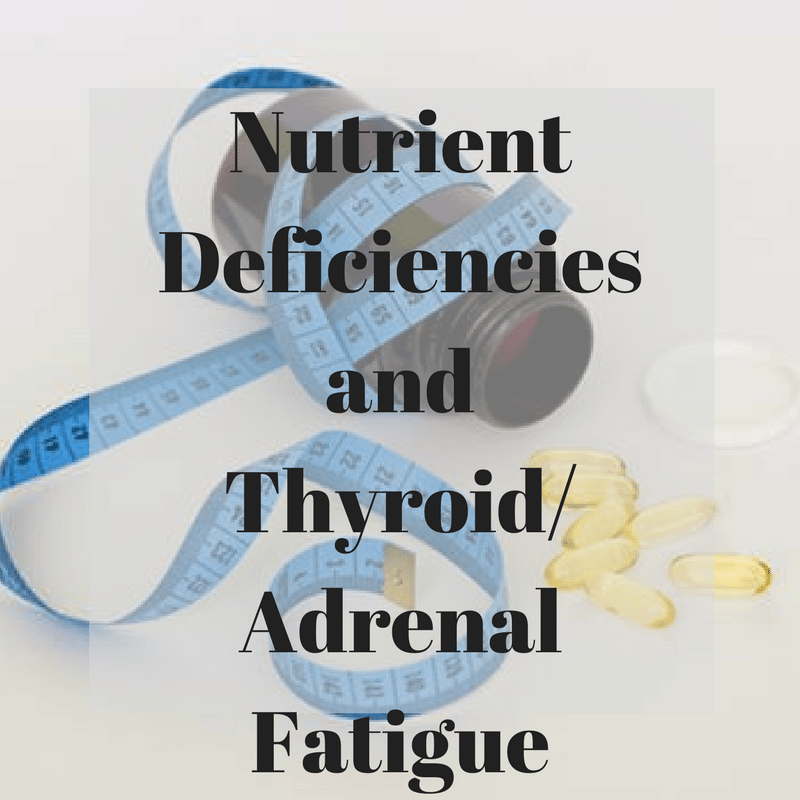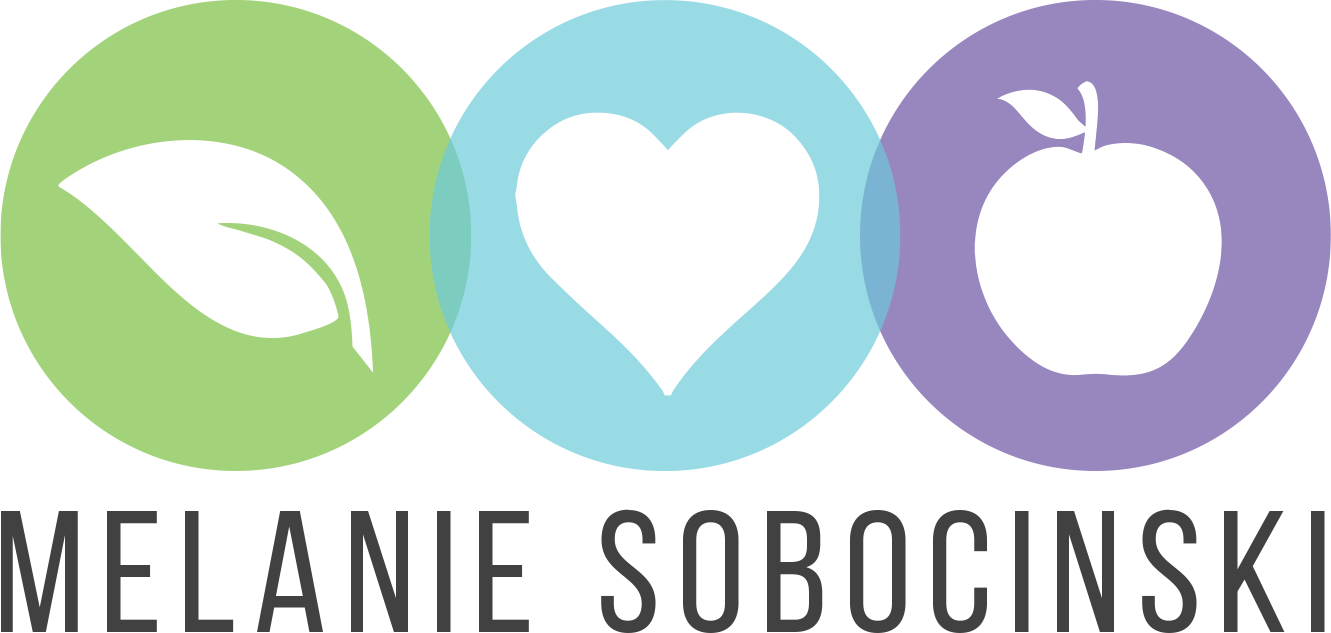Thyroid Issues, Adrenal Fatigue and Nutrient Deficiencies

We may earn money or products from the companies mentioned in this post.
I mentioned the other day in my video that nutrient deficiencies were a cause of thyroid issues and adrenal fatigue.
People who are dealing with hypothyroidism, adrenal fatigue or Hashimoto’s, often have trouble absorbing nutrients. A thyroid issue is a metabolic issue, which means you’re not digesting properly and your body’s not absorbing the nutrients you think you are because it has to work overtime trying to break those things down. Poor nutrient absorption is the primary cause of nutrient deficiency among thyroid patients.
So it’s pretty obvious that poor nutrient absorption is the primary cause of nutrient deficiency among thyroid patients. Various vitamins and minerals are critical to maintaining thyroid health. Inadequate nutrient levels can cause long-lasting disruption of the thyroid.
Below are the 10 most common nutrient deficiencies related to hypothyroidism and adrenal fatigue:
Protein, Magnesium, B-12, Zinc, Iodine, B2, Vitamin C, Selenium, Vitamin D, Vitamin A
So what actually contributes to these deficiencies? The following conditions below are common contributors of nutrient deficiency.
Low Stomach Acid Levels
The most common contributor of poor absorption among thyroid patients is reduced levels of stomach acid. Stomach acid is necessary for the absorption of both macro and micro-nutrients, digesting protein, killing undesirable bacteria and yeasts, and promoting proper gastrointestinal function. Without the body being able to properly utilize nutrients, even if it is provided with a theoretically appropriate amount, deficiency is likely to occur.
Intestinal Inflammation and Celiac
When one’s immune system actively and aggressively responds to the consumption of gluten, they are likely experiencing celiac disease. This immune response causes inflammation and damage to the intestine which can lead to reduced nutrient absorption. Gluten intolerance triggers inflammation similar to celiac disease. Ultimately, this causes one to have poor absorption of nutrients. Often, those with celiac disease or gluten intolerance must remove most wheat and grains from their diet entirely.
Although there are more common causes of thyroid issues, it is important not to overlook and explore the possibility of a nutrient deficiency. With common contributors such as those listed above, it is not unlikely for one to have a deficiency in one or more areas. Better understanding the influence of nutrients on the various thyroidal functions allows for more individualized and effective treatment.
There are specific foods to incorporate into your diet that can help balance out your hormones, help alleviate thyroid damage, and boost your energy; but instead of looking at what you should be eating, it’s better to focus on cutting out the foods you shouldn’t be eating and why. I can tell you that if you have thyroid issues or adrenal fatigue, you should definitely stay clear of SOY and GLUTEN, which is what I will be talking about in my next episode of this series.
Latest posts by Melanie Sobocinski (see all)
- Why Your Metabolism and Hormones May be a Little Slow - November 5, 2020
- My Before and After Story - September 11, 2020
- 7 Changes That Happen When You Don’t Eat Enough - July 16, 2020



